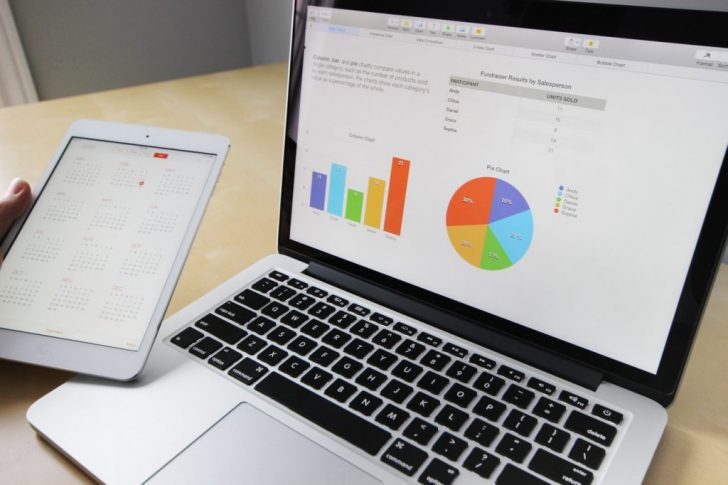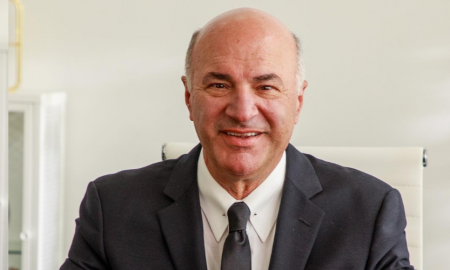
3 Successful Tips To Help Freelancers With Their Finances

Embracing the freelance life? It’s a world where your work wardrobe might be pajamas one day and business casual the next, where your office could be your kitchen table or a cafe in Paris. The catch? You’re the boss of everything — not just your daily tasks, but the big picture stuff too.
Managing your money, figuring out insurance, and even thinking about retirement. It’s like you’re running a mini-company, where you’re the CEO and the creative department all rolled into one.
But let’s chat about a skill that doesn’t get enough spotlight in the freelance hustle: money management. Sure, freelancing is liberating, but it’s also a rollercoaster ride of unpredictable paychecks, a jigsaw puzzle of budgeting, and playing your own accountant and tax advisor. Plus, there’s sorting out your health insurance and deciphering those freelance contracts.
You’ve got to be as savvy with your finances as you are with your skills. It means keeping a sharp eye on your cash flow, whether the tide is high or low. Success in freelancing isn’t just about landing cool projects; it’s about staying financially afloat while doing what you love.

Mikhail Nilov/ Pexels | The most difficult thing is the decision to act; the rest is merely tenacity
Here are some of the best financial tips that will help you optimize your freelancing finances and earnings.
Tip number 1: Work with a budget
Let’s talk budgeting, the unsung hero in the freelancer’s toolkit. Sure, it might sound as exciting as painting but n avigating the freelance world without a budget is like setting sail without a map. It’s crucial, especially when your income does the cha-cha slide from month to month.
Here’s the deal: understanding what’s coming in and what’s going out money-wise is your golden ticket to peace of mind. It’s all about making sure your outgoings don’t start partying harder than your income.
So, how do you whip up a budget that doesn’t make you want to run for the hills? Start by looking back at what you earned last year. This gives you a ballpark figure for your average monthly income. Then, play it safe – assume you’ll earn a bit less and base your budget on that. This way, you’re covered even if a few clients play hard to get.
Setting up a budget means you’ve always got enough for the essentials and won’t be caught off guard when those pesky bills roll in. Think of it as your financial safety net, keeping you steady while you juggle the freelance circus.
Tip number 2: Plan for ups and downs

Pixabay/ Pexels | You cannot escape the responsibility of tomorrow by evading it today
Freelancing can often feel like a financial rollercoaster. One month, you’re rolling in dough; the next, you’re scraping the barrel. That’s the freelance life for you – exciting but unpredictable. So, how do you deal with this financial ebb and flow? It’s all about being a savvy squirrel and stashing away some nuts for the winter.
Here’s a nifty trick: treat your income like a wave – it rises, it falls. Get a grip on what you generally make each month. Then, channel your inner financial guru and set aside a good chunk of it – say, 40% to 50% – into your savings or business account. This isn’t just playing it safe; it’s your financial safety net for those times when work is as scarce as a hen’s teeth.
Especially if you’ve got extra responsibilities like kiddos, a mortgage, or a car that loves to guzzle gas, aim to save even more. It’s like building your own financial fortress, keeping you secure when the freelance winds blow strong. Remember, in the world of freelancing, being prepared isn’t just smart – it’s essential!
Tip number 3: Keep business and personal expenses separate

Cottonbro/ Pexels | Financial freedom is available to those who learn about it and work for it
One crucial aspect of managing freelance finances is the clear separation between your personal and business expenses. Mixing these can lead to confusion and complicate your financial management. To avoid this, opt for a dedicated business credit card or open a separate bank account specifically for business transactions.
This not only simplifies tracking your business expenses but also streamlines the process of managing your income. With a designated business account, all your professional earnings and expenditures are in one place, which can significantly ease the burden during tax season, making it simpler to file accurate returns.
More in Top Bank Accounts
-
`
Are House Prices Going Down in Orange County in 2024?
In June 2024, Orange County saw a notable shift in its real estate landscape. This leads many to wonder if house...
August 14, 2024 -
`
What Are Specified Investment Products? SIPs Explained
Navigating the world of investing can be complex, especially when it comes to Specified Investment Products (SIPs). These financial instruments often...
August 7, 2024 -
`
Why Leonardo DiCaprio Never Dated Kate Winslet: The Iconic Duo’s Relationship Update
It has been 25 years since Titanic’s release, a film that has left an indelible mark on the hearts of audiences...
July 29, 2024 -
`
How to Start Your Own Private Bank
Starting your own private bank might sound challenging, but with the right planning and execution, it’s entirely feasible. The benefits of...
July 23, 2024 -
`
Nvidia Stock Now Continues to Drop After Bull Run: What Went Wrong?
After a period of massive growth, Nvidia’s stock is now experiencing a significant drop in value. This California-based software company, known...
July 17, 2024 -
`
Is Kevin O’Leary Conservative? Analyzing His Policies
Kevin O’Leary, the renowned chairman of O’Leary Financial Group, has set the political stage abuzz with his recent announcement. On Wednesday, he...
July 8, 2024 -
`
The Staggering Net Worth of “Twilight” Star Taylor Lautner
Taylor Lautner’s net worth is a topic that often intrigues fans and industry watchers alike. Known for his iconic role in...
July 1, 2024 -
`
Tyson Foods Boycott 2024 – The Role of Bots in the Movement
Have you ever scrolled through social media and seen a hashtag blow up overnight? It happens all the time, but in...
June 25, 2024 -
`
Here’s How Nonprofits Make Money
Donations and Grants The most obvious answer to “how do nonprofits make money” is through donations. Individuals, businesses, and foundations contribute...
June 19, 2024














You must be logged in to post a comment Login